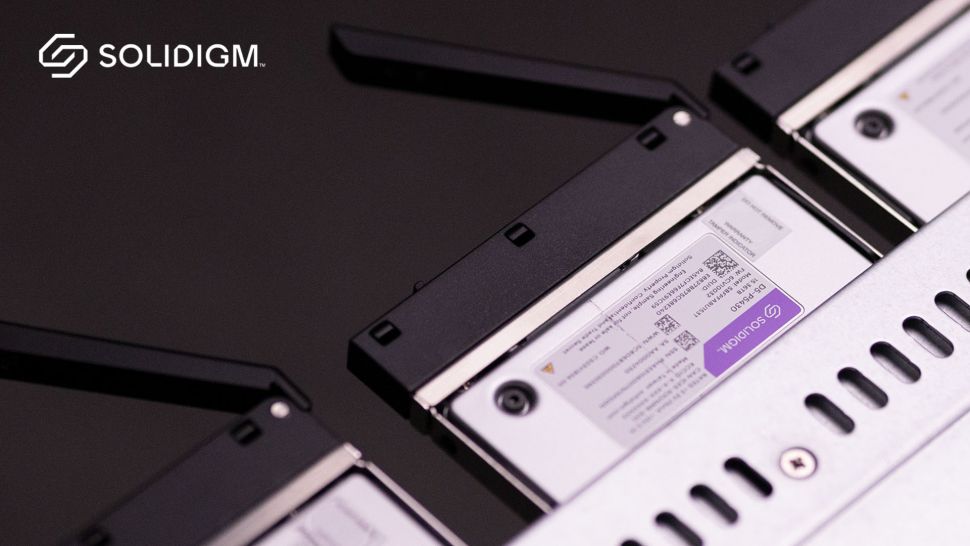
As workloads evolve and become more data intensive, storage architects can no longer design for worst-case scenarios or take a “one-size-fits-all” approach to meeting their storage needs. Tahmid Rahman, Data Center Director at Solidigm, and Patrick Chiu, Senior Director of Product Management at Supermicro, joined a Tech Talk roundtable discussion hosted by Gestalt IT, to break down the benefits of next-generation quad-level cell (QLC) solid-state storage drives (SSDs) for the enterprise and the cloud.
“Data growth has been phenomenal over the last few years,” said Rahman, noting that this year, “we will be growing 3x the data that we used to have in 2019. And by the year 2025, the data growth will be up to like 181 zettabytes.” The growth is being sparked by user trends, including artificial intelligence and machine learning, which is spurring the need for storage to be modernized, according to Rahman.
Doubling down on density
QLC’s pricing, speed, and capacities compare favorably to those of hard disk drives (HDDs) and triple-level cell (TLC) SSDs, making the pure business case for them a compelling one. However, storage architects should also be aware of another key benefit of QLCs: storage density. Density allows for more storage in a smaller footprint, which means less physical space is needed and overall energy costs are reduced.
Rahman and Chiu discussed the benefits of high-density QLC storage with Supermicro’s E3 Petascale high performance servers, noting that both Solidigm and Supermicro are doubling down on density. Rahman noted Solidigm’s solutions are “the sweet spot of density and performance combination.” Solidigm is “basically maximizing the PCIe Gen 4 bandwidth on these devices on workload that matters. And at the same time, meeting that insatiable need of density that we’re hearing from most of our Tier 1 customers.”
Making the right size choice
One of the top questions Rahman and Chiu addressed is how a storage architect can choose the right SSD for their workload. The needed read/write ratio can help determine storage needs – many of the applications are tasked with storing and moving massive amounts of data at high throughput, while others are tasked simply with efficiently storing massive amounts of data that are accessed infrequently, Rahman notes. By assessing which category in which their data storage needs fall into enables storage architects to choose the “right-sized” solution, which may come with benefits such as cost savings and sustainability.
“I think we’re marrying the performance and the density together to bring the right SSD to the market.”
Rahman
Solidigm, realizing greater benefits for density and efficiency, will be offering an E3.S form factor for the first time soon. This new form factor at this capacity will enable up to a petabyte of storage in 1U within Supermicro’s E3 Petascale platform. This offering enables a variety of cloud and enterprise workloads to gain more insights to data, faster, and for much less. Chiu noted that storage architects must keep their total cost of ownership in check. “We are partnering with Solidigm to incorporate their latest storage media to serve the next generation of data center workflow.”
Rahman concluded, “I think we’re marrying the performance and the density together to bring the right SSD to the market.”
Watch the full round table discussion in this Tech Talk featuring Rahman and Chiu. To learn more about QLC and how it is shaping modern workloads, visit solidigm.com/qlc.
About Solidigm: Headquartered in California, Solidigm is a leading global provider of innovative NAND flash memory solutions. Stemming from the sale of the Intel NAND and SSD business, Solidigm became a standalone U.S. subsidiary of semiconductor leader SK hynix in December 2021. Solidigm is powered by the inventiveness of more than 2,000 employees in 13 locations worldwide. For more information, please visit solidigm.com and follow us on Twitter and on LinkedIn.







